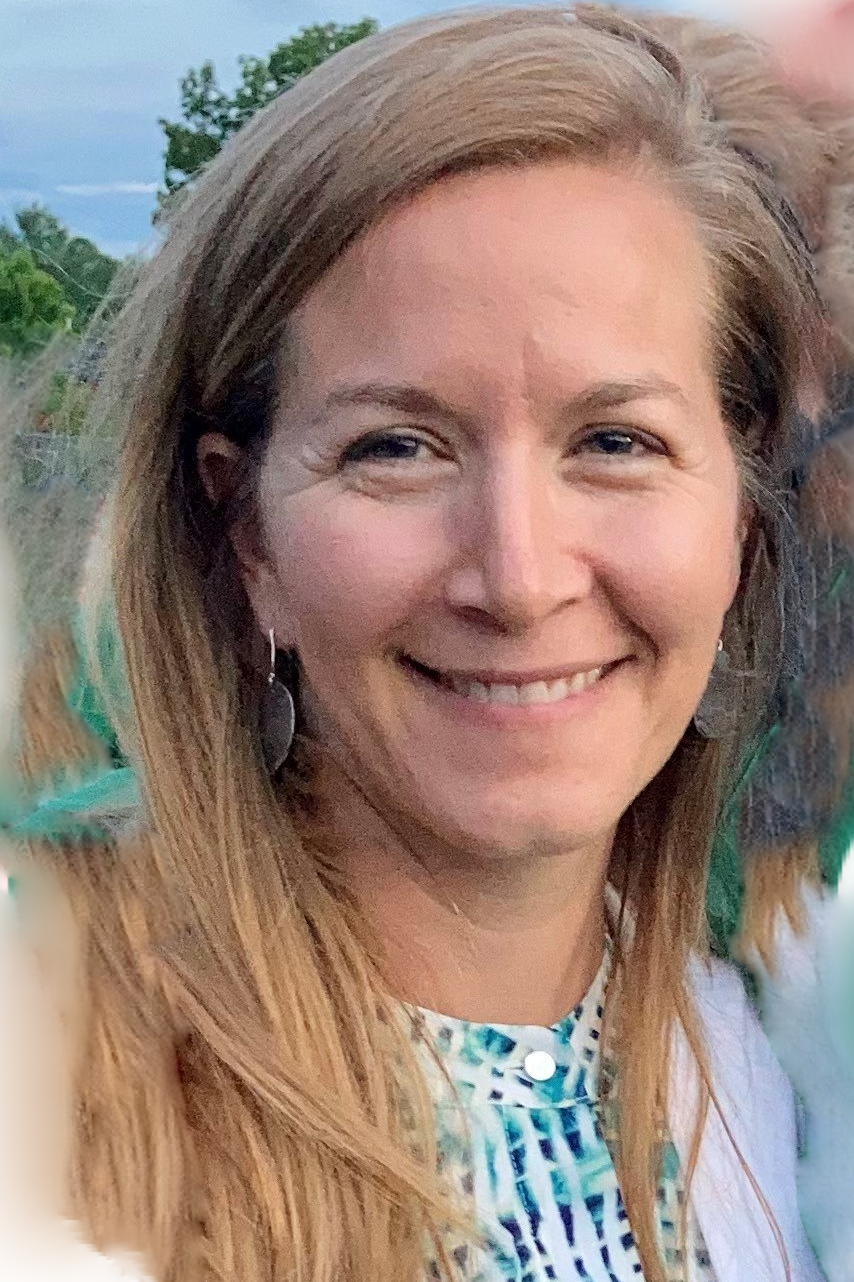
The OPEN MINDS Children’s Services Executive Summit: New Opportunities For Serving Children With Complex Needs
Sponsored by Akili Interactive Labs, Inc.
August 30, 2022 | 8:00 a.m. – 5:00 p.m.
The world has sustained a massive shift, and children have been unfairly affected, perhaps more than any other population. In this all-day summit focused exclusively on children’s services, we will explore the most pressing issues facing children in the next normal. Join our experts as we hear about innovative programs serving children with complex needs and learn how your organization can incorporate new contract and revenue opportunities into your strategic plan for successful sustainability.
Agenda
8:00 a.m. – 9:00 a.m.
Executive Networking Breakfast & Registration
9:00 a.m. – 9:15 a.m.
Welcome & Introductions
9:15 a.m. – 10:15 a.m.
Keynote: Integrated Care Models For Children: What Is Working In New York & Beyond
Children’s services have been managed by many different state and local government agencies, each with their own plans, data, and success metrics. In the state of New York, a task force initiative was charged with developing a broader systems approach and an integrated care model that creates a safety net of services. Learn how this model, designed to create a comprehensive system of care services, can be replicated in your state. Hear from our keynote speaker how the group was established and their journey to date—the challenges, and successes on their path to the future, and the opportunities that lie ahead. A challenge facing many consumer segments, lessons learned can be applied to other specialty populations. Learn how, like New York, you can move the needle on comprehensive care.
 April Hamilton, MBA, MHSA, Executive Deputy Director, New York State Department of Health
April Hamilton, MBA, MHSA, Executive Deputy Director, New York State Department of Health
10:15 a.m. – 10:45 a.m.
Q&A With Keynote, April Hamilton
11:00 a.m. – 12:15 p.m.
In Home Based Services For High-Needs Youth: The Challenges & The Opportunities
All children should have access to quality care throughout their development. However, many families face significant challenges in just getting to care, including a lack of or limited public transportation, work schedules, and the need to care for other children, just to name a few. Services that occur in homes or schools is one way in which these barriers can be addressed, and care engagement improved. Case studies in this session will discuss how providing treatment services in community settings rather than office settings, can improve engagement, access, and quality, for children and their families.
12:30 p.m. – 2:00 p.m.
Lunch & Learn Sponsored By Akili Interactive Labs, Inc.
2:15 p.m. – 3:30 p.m.
Crisis Services For Children & Adolescents: New Models For Emerging Challenges
From the period of 2007 to 2016 pediatric emergency room visits for deliberate self-harm rose 329% and visits for all mental health disorders rose 60%. Now, think about those children presenting to a traditional emergency department and what that environment looks, sounds, and feels like. The vast majority of children in behavioral health crisis do not need medical care, and/or do not need admission to either a hospital or a psychiatric facility. Many hospitals have started to recognize this issue and have begun to seek alternative ways of meeting the needs of children experiencing a mental health crisis or concern. Then comes the need for bridge services and ensuring follow through into the community – learn how your organization can become a part of the solution.
3:45 p.m. – 5:00 p.m.
Serving Children With The Most Complex Needs
Individuals under 21 with an intellectual or developmental disability (I/DD) diagnosis and a major mental illness diagnosis are at risk of being unable to remain in their community due to their complex needs. Many provider organizations have felt lost in their ability to navigate the complexities of these individual’s needs. While other groups view these individuals as some of our most vulnerable and attempt to do everything they can to assist. Children with the most complex needs require thoughtful, individualized services and support, which can be a challenge to even the savviest of provider groups. Hear from organizations that are attempting to support children with complex medical and mental health needs by providing innovative programs and supportive services, and how they have been able to implement and duplicate their efforts.

